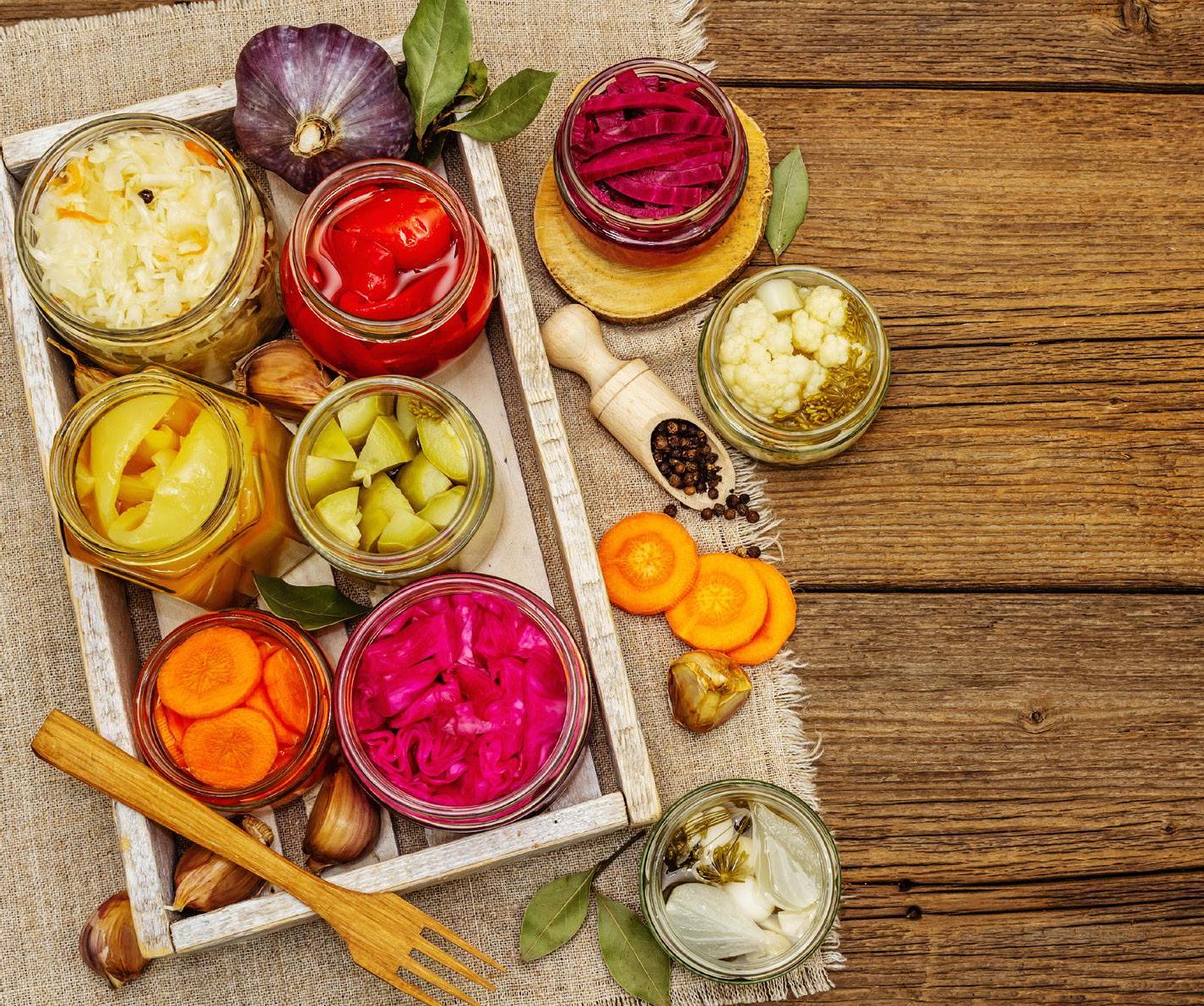Proactive living: Addressing dietary habits and mental wellbeing are a priority for consumers in Europe Across Europe, almost one in four consumers describe their eating and drinking habits as unhealthy. Over the last decade, poor dietary plans have been fuelled by issues such as less structured meal-time habits, out-of-home consumption, snacking occasions have become more common, and less attention is being paid to nutritional intake for a variety of reasons. At the same time, the prevalence of lifestyle-related health problems such as obesity have risen. The fact that problems such as obesity and poor eating and drinking habits become more common at a time when people say that they are committed to eating and drinking more healthily, shows that consumers can often demonstrate attitude/behavioural gaps towards dietary practices. The reality is that many can struggle to stick to better-for-you dietary plans in the long-term because they are associate with compromise and sacrifice. This misaligns with consumers turning to food and drink products to deal with the escapism of everyday life. However, consumers recognise that poor dietary habits are something that increase the risk of health problems in the immediate and long-term. The immediate risks surrounding obesity have been highlighted by much media attention being given to overweight consumers being more vulnerable to complications arising from COVID-19. Over the last twelve months, consumers have re-evaluated their eating and drinking habits as they look to maximise their wellbeing and reduce vulnerability to illness. In addition, consumers have also had more spare time in the last year to be spent in the kitchen cooking food from scratch, allowing them to try and reduce their dependency on convenience solutions when preparing food. Consumers will continue to look to improve their eating and drinking habits over the next twelve months, which means there will be an increased focus on looking to eliminate dietary evils from dietary plans, whilst also maximising their intake of ingredients that offer a convenient health boost. In addition, consumers will also adopt a back-to-basic approach to nutrition, looking to everyday food and drink that they know and trust and deem affordable in order to boost their diet. Brands need to help facilitate healthy eating plans by ensuring that products are seen to offer taste and nutrition simultaneously, that products are affordable, and can easily be incorporated into daily diets.
4
| L earn more about Fi Europe co-located with Hi Europe











